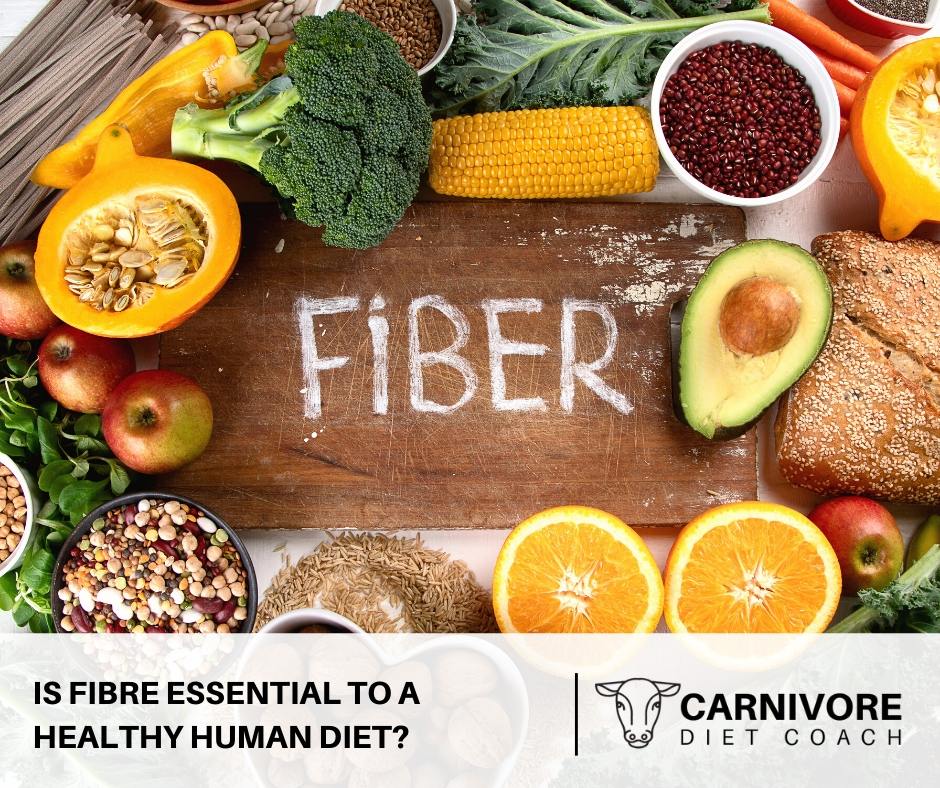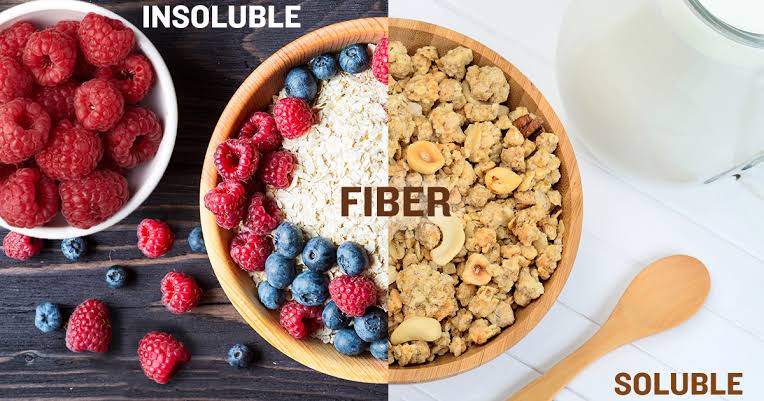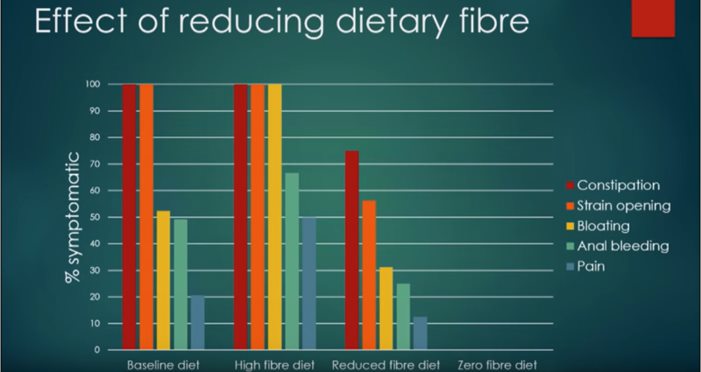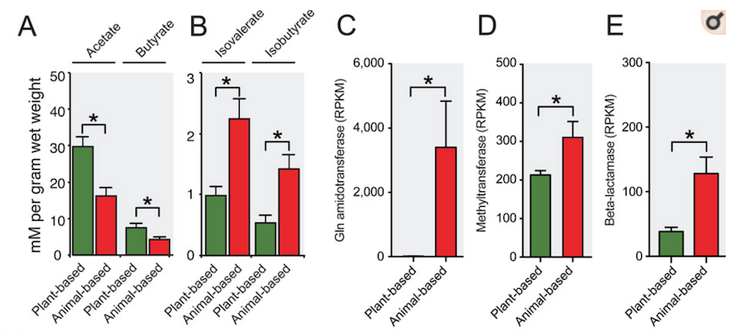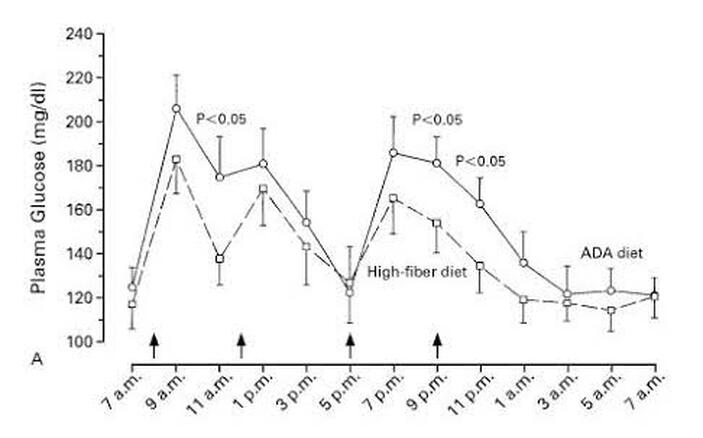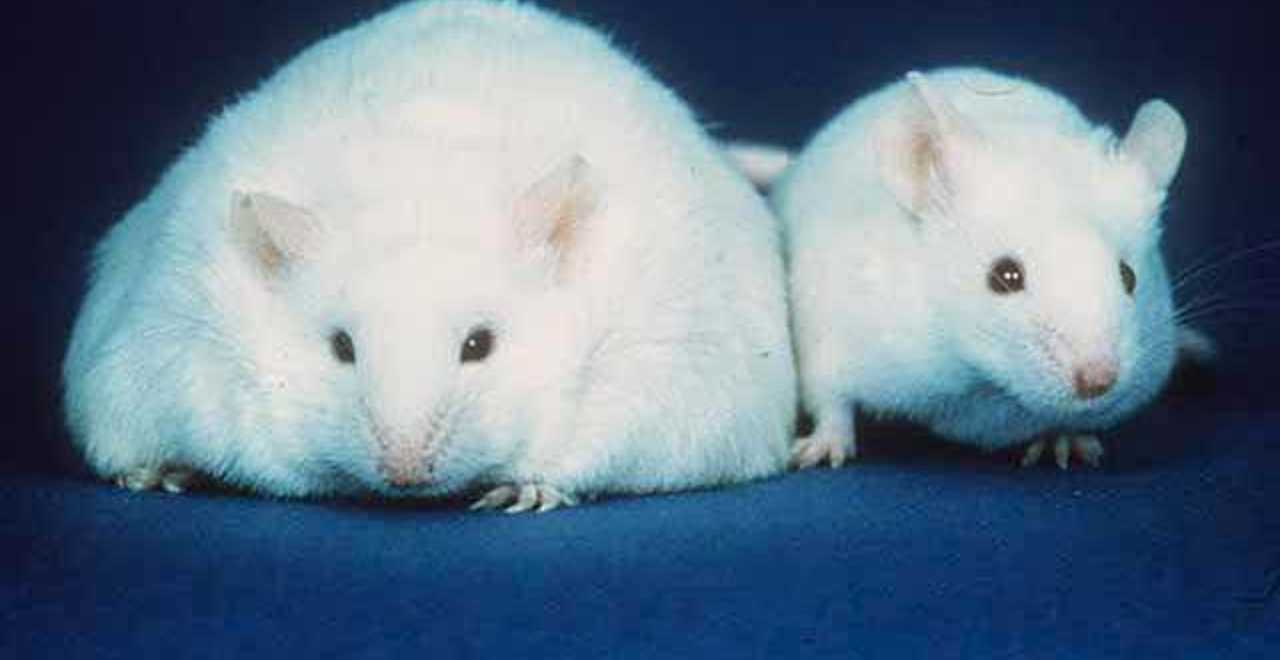|
THE COMPLETE
CARNIVORE DIET GUIDE
Learn how to lose weight, fix your gut and cure autoimmune symptoms with our free Carnivore Diet guide.
|
|
Let’s start with the punchline… Fibre is not essential for a healthy human diet. It’s a bold claim but hear me out. So far, all of the evidence we have for fibre is in the context of a high carbohydrate diet. But what happens when you look at the science in the context of better human health? Is fibre still as beneficial, does it stack up to the claims or is it just a band aid for a bigger problem. What is Fibre? Fibre is a carbohydrate in plant foods that humans can’t digest. There are two types of fibre:
The claimed benefits of fibre include:
In fact, it’s thought to be so beneficial that fibre is now listed as an essential component of a healthy diet. So much so that fibre is probably the number one concern we get from our clients at The Carnivore Diet Coach. Let’s take a look at the big four. Constipation, gut health, blood glucose and weight loss. Fibre and ConstipationSo many people believe that fibre is essential and aids with constipation that you’d think the benefits are backed up by science. Unfortunately, even after half day of digging through papers on PubMed, you won’t find any significant randomised control trials on the benefits of fibre on gut health. Funnily enough, the best study on fibre and symptoms of constipation included 63 participants who presented with constipation and were put on high, medium, low and zero fibre diets. At the beginning of the study, all participants had constipation and strain, with some experiencing bloating, bleeding and pain. A high fibre diet actually increased the number of symptoms, a reduced fibre diet experienced a modest reduction in symptoms. So what happened to those on a zero fibre diet… That's not missing data... Not one patient on the zero fibre diet had any negative symptoms. Not only did they eliminate their symptoms but they had just one bowel movement per day compared to one bowel movements every 6.83 days on in the high fibre group. Conclusion: Fibre is not good for constipation. It’s not surprising when you think about it. How does adding more bulk to a stool make it easier to pass? Fibre and Gut Health Another benefit claimed by the agricultural industry is that fibre provides us with short chain fatty acids when soluble fibre is digested by bacteria in the colon. These short chain fatty acids nourish the cells that line the colon, called colonocites, and improve gut health as a consequence. It’s true that colonocites use short chain fatty acids for nourishment, but only after they’ve converted them in to beta hydroxybuterate, or in other words, ketones. However, not only is fibre not the only source of short chain fatty acids or ketones but a study by Harvard University showed that switching to an animal based diet changes the gut microbiome and produces more short chain fatty acids than a plant based diet. Conclusion: The benefits of fibre and gut health don’t hold up to scientific scrutiny and it’s possibly to obtain more short chain fatty acids from an animal based diet. Fibre and Blood SugarThis is one of the more misleading claims about fibre because while on the surface it’s absolutely correct, fibre does appear to control blood sugar levels, it’s only true in the context of a high carbohydrate diet. For example, a study by the Department of Internal Medicine found that a high fibre diet reduces blood sugar levels. But in order to consume a high fibre diet, you need to eat a lot of carbohydrates. The very thing that causes high blood sugar levels. In other words, the logic here is that if you have a high carbohydrate diet that increases your blood sugar, you should add fibre to it reduce blood sugar. Why not just have a low carbohydrate, low fibre diet and avoid high blood sugar and the ill effects of a high fibre diet in the first place? Fibre and Weight Loss Weight loss is a huge topic and as such, there are multiple studies on the intake of fibre and its association with weight loss. Unfortunately, almost all of the studies are on people on the Standard American Diet (SAD) which is high carbohydrate. When we look at fibre in the context of a neutral gut microbiome, we can get a much clearer picture. While this isn’t possible in humans, it has been done in mice. A study by the Center for Genome Science took gut bacteria from overweight mice and implanted it in mice that were bred to have no gut microbiome. The mice that received bacteria from the overweight mice because obese themselves: How did the germ free mice get fatter? They began to produce more energy in the form of short chain fatty acids. But how does this relate to fibre? Well, the germ free mice were on a high fibre diet and most of the extra energy that made them overweight was from the conversion of fibre in to short chain fatty acids. Simply put, the bacteria from the obese mice implanted into the germ free mice gave the germ free mice the ability to turn fibre into excess energy and caused them to become overweight. Conclusion: Gut bacteria has a huge impact on weight loss. It's also realistically possible to change your gut bacteria with the food you eat. Summing Up Fibre isn’t an essential part of a healthy human diet. The best studies show the opposite, especially in the context of a low carbohydrate diet.
Fibre has massive implications on the gut microbiome and while we don’t fully understand the mechanisms at play when it comes to gut bacteria, we do know that the food we eat changes our gut bacteria and therefore impacts our health.
2 Comments
|
Carnivore Diet Recipes & Meal PlansOur Trusted Partners
Popular Guides
|


